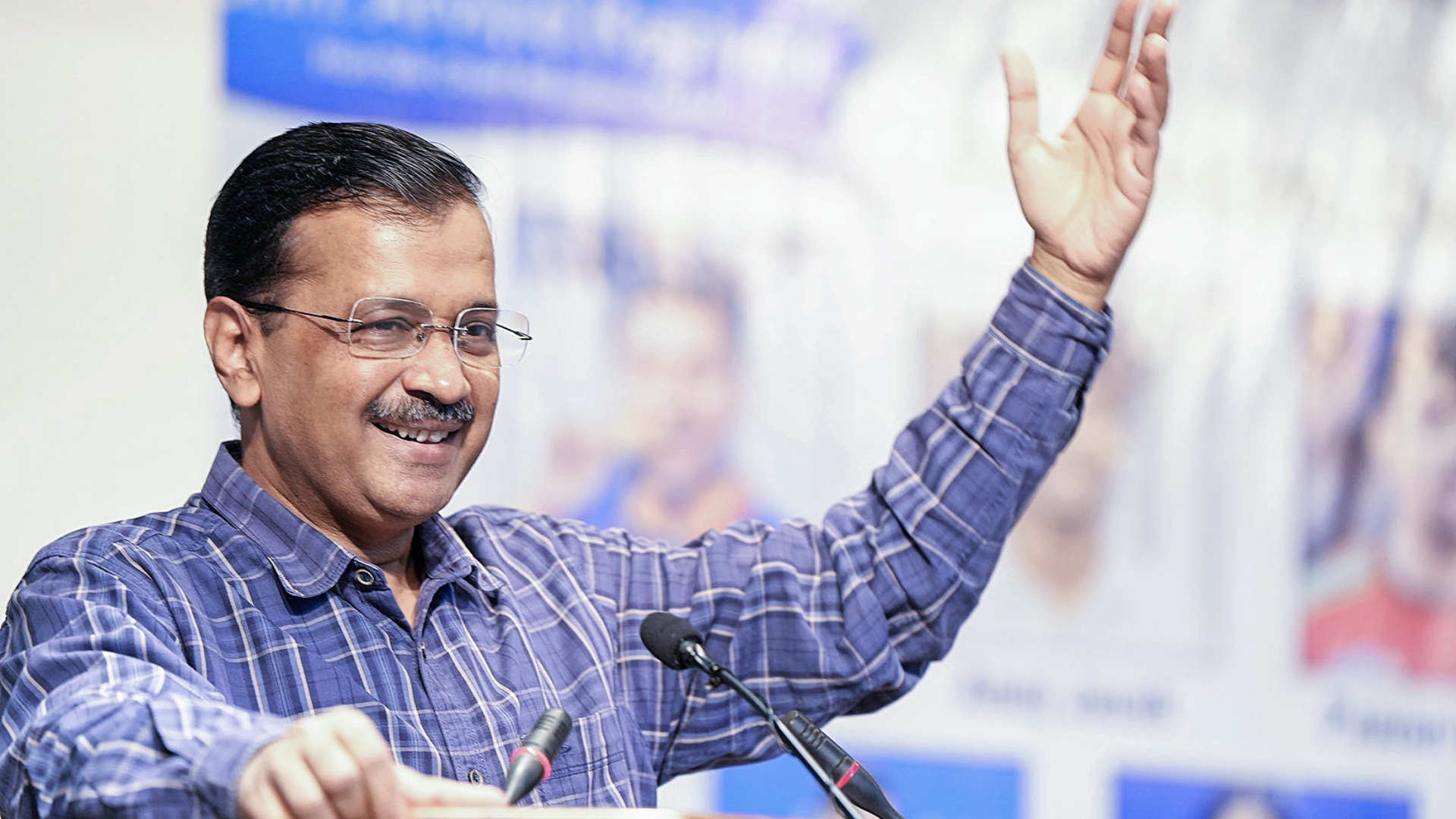Delhi Chief Minister Arvind Kejriwal was granted bail by the Rouse Avenue Court in connection with the Enforcement Directorate summonses case related to the Delhi excise policy. This development occurred after Kejriwal appeared before the court on Saturday, March 16, following previous hearings which he attended via video conferencing.
The Enforcement Directorate had lodged two complaints against Kejriwal for failing to comply with their summonses to participate in the probe concerning the Delhi excise policy case.
During the court appearance on Saturday, Kejriwal’s lawyer, Ramesh Gupta, requested permission for Kejriwal to leave and continue the legal proceedings. The Enforcement Directorate did not raise any objections to this request.
This legal episode unfolded after a Delhi court on Friday dismissed Kejriwal’s plea to stay the summonses issued by the Enforcement Directorate and directed him to appear before the court on Saturday.
Kejriwal had contested the summonses issued by the Magistrate court, which had taken cognizance of two complaints filed by the Enforcement Directorate due to his failure to appear in response to the summonses.
The Enforcement Directorate had filed complaints against Kejriwal for not attending multiple summonses issued under Section 50 of the Prevention of Money Laundering Act (PMLA). These summonses were related to the money laundering case linked to the now-defunct Delhi excise policy.
Kejriwal’s non-compliance with the summonses issued by the Enforcement Directorate led to the agency seeking his prosecution, as he had skipped a total of eight summonses by that point.
The court’s decision to grant bail to Kejriwal in this case marks a significant development in the legal proceedings surrounding the Delhi excise policy and the allegations of non-compliance with ED summonses.


















